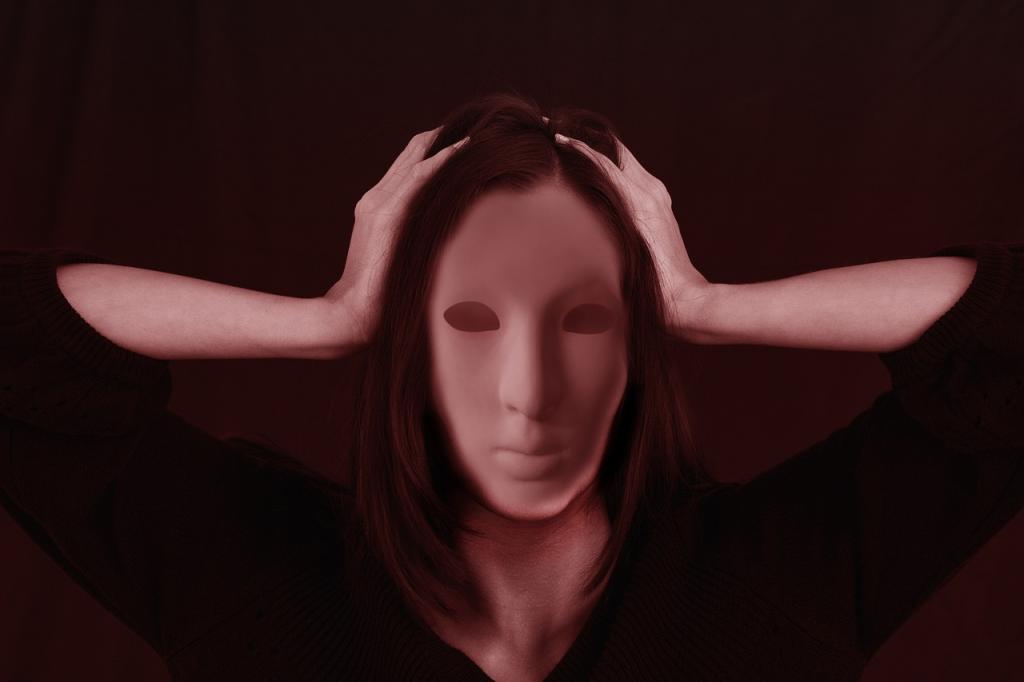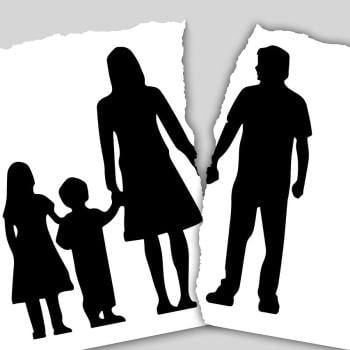When it comes to relationships, shame is a silencer. When overwhelmed by the shadows of shame, we hide in fear of rejection. Too often, we are frightened posers who live behind masks in terror of being too vulnerable and too transparent with others.
Why the masks? We humans fear that if people knew the real us, they would discard us, and one of our greatest fears is the fear of rejection. Sadly, we broken creatures are often a mix of lies and truth.
When Adam and Eve sinned, they hid from God. The Lord knew precisely where they were hiding, but He asked, “Where are you?” because God knows how shame shuts us down and hinders us from open confession. Adam answered God, “I was afraid . . . so I hid” (Genesis 3:10, NIV).
For years, I was on a trajectory toward tragedy. I had good days and plenty of great experiences. But too often, I let my mind and heart go where they ought not to wander.

Since people frequently act out based on their heart’s desires, I thought poorly and then sometimes performed poorly. Rather than come clean and confess my brokenness to someone who could help and hold me accountable, I hid behind a mask because I was ashamed and afraid.
Terrified of rejection, afraid of embarrassment, and fearful of having my failures exposed, I pretended to be far better than I was. Instead of letting my guilt lead me to the light, I embraced too many lies and ended up suffering in shame.
In the early stages of my life as a teen, I lived behind a mask to hide my shame. My self-hatred and personal disappointment were so overwhelming at times that I was terrified to be seen as imperfect and broken.
I Had A Collection Of Shame Masks
- A mask of performance to please others.
- A mask of perfection to please my father or anyone else of authority in my life.
- A mask of pleasure to please myself. Meaning I would lose myself in some form of mindless entertainment.
- A mask of productivity to make me look or feel important.

I have rarely met someone who doesn’t pretend at some level regarding something in the hope of somehow being accepted more by others. We almost always hide what we believe is unseemly and ugly about us.
Sadly, all masks—all lies—trap us in shame and leave us as only shadows of the person we are in Christ.
For the last few years of my marriage, I was a pretender. I was bored and felt stuck in a monotonous married-single life. So, I faked it and kept busy focusing on my grandkids, ministry, and international travel to distract me from my unhappiness.
There are no excuses for my failures, and I should have gotten help; I didn’t. I was bound by shame.
The church I led was in decline long before COVID hit, and I was disappointed in my leadership. No matter what I did as the lead pastor regarding all things COVID, I frustrated many people.
Those two years were the worst years of nearly forty in ministry. I could have done so much better as a leader, but I didn’t, and once again, I was bound by shame.
We also suffered several “staff infections” (i.e., employee issues) and a church split that made me want to quit on several occasions. As a result, I grew cynical and bitter, but I did an excellent job of hiding behind a happy mask. But “fake it until you make it” doesn’t work. Ever.
The masks we strive to live behind are poor and hopeless substitutes for what is best—being authentic and honest. Trust me, if I have learned anything following my divorce, it is this: pretending because of shame is the path to greater misery and anxiety, not peace.
What Is The Antidote To Shame?
To the degree you know who you are in Christ, you will live without shame and mask-free. If you genuinely believe you belong to Jesus—and because of Him, you know you are perfectly loved—you will live free from shame.
When you choose to rest because you see the acceptance and love you already have as a child of Abba, you will know you are enough and can live with joy rather than self-hate.
Here’s something else to remember. Never underestimate the self-hate you may have to work through toward your healing. Trust me, the pharisee within is often worse than the Pharisee without. Meaning no one judges us more harshly than we judge ourselves.
If you are an artist, musician, author, or creator, you know how harshly you criticize yourself. Remember how you used to hate or still hate the sound of your voice on any recording? (Here’s an interesting article about why our voice bothers us.)
More than most know or understand, the ugly self-talk we hurl at ourselves is often louder and meaner than the words others hurl at us.
I hold more rocks in my hands, ready to be thrown at myself in self-hatred, than any of the stones others have in their hands ready to be thrown at me.
One of the things I’ve realized better than ever is that no one knows the heart of another. No one knows the convoluted mess of my heart that is too often complicated by fear, worry, self-judgment, and deception. No one fully knows the intent, motive, or belief that drives another.

Only God Has Ever Seen A Motive
Yes, we see the fruit of someone’s life and actions, but we cannot honestly know the why behind the what. I can tell you from firsthand experience that the most seemingly confident person is sometimes the most broken on the inside.
Jesus came and faced the fury and hatred of others, going to the cross for our sins because He knew how hard we are on ourselves and how much we hate who we are and what we’ve become. He sees the shame and guilt we are bound by, and our Savior has compassion for us rather than judgment and anger.
When you can hardly stand to look at the person staring back at you in the mirror, say aloud and often, “I am of immeasurable worth to the Father.” And you indeed are.
And when someone verbally vomits on you and treats you poorly, it would be wise to stop and remember they are probably hard on you because they are hard on themselves.
Self-induced or not, shame sucks, is never helpful, and shuts us down rather than opens us up to the wholistic work of Jesus in our lives.
My fellow Patheos columnist, Brad Vaughn, addresses this issue of shame so well in his article. He asks a needed question: “What are the roots of your lingering shame? Whatever it is, we need to examine how to cut the root, and we (must) severe what fuels perpetual shame.”
So, find that mirror, begin unmasking yourself, and tell yourself this truth: You matter, and you are loved.
Now and always.


















